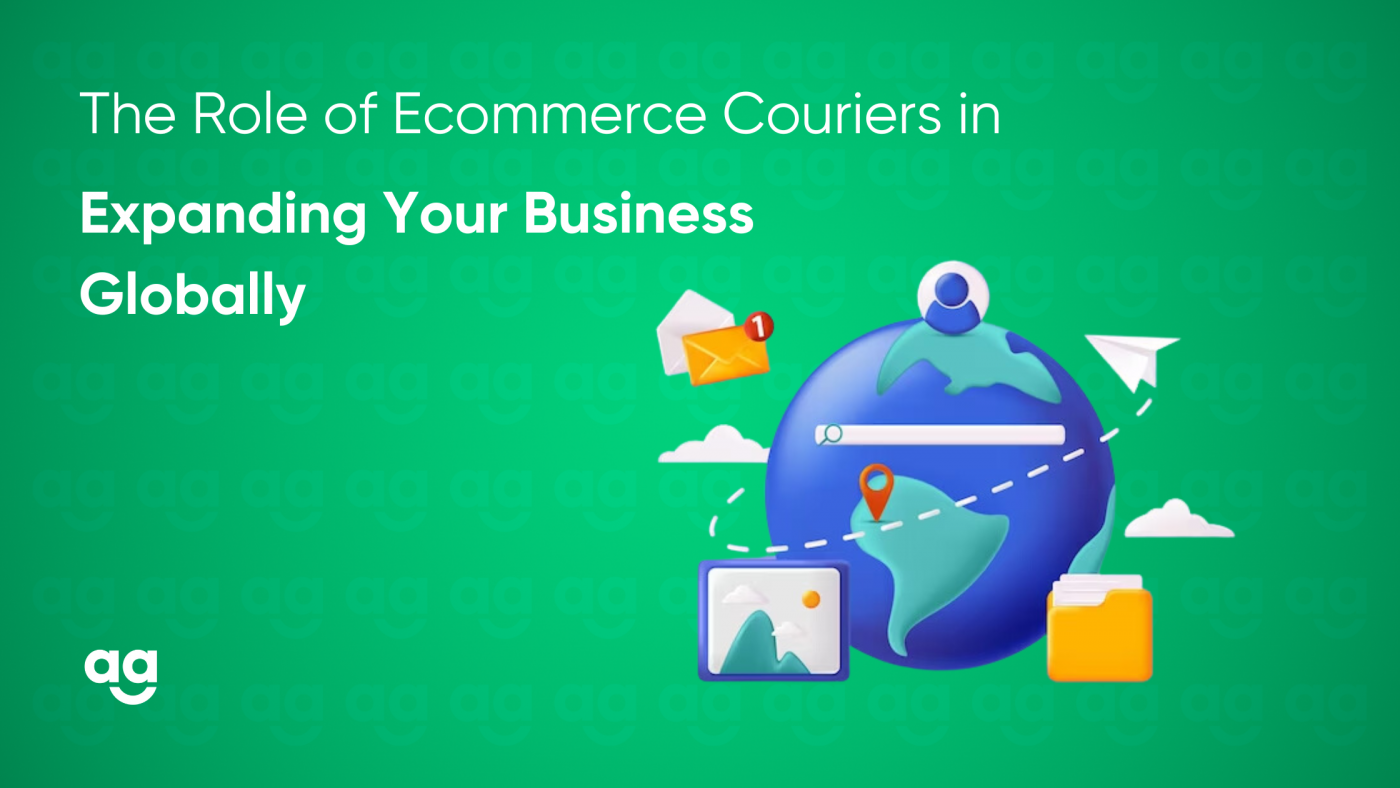Introduction
Businesses in the ever-changing world of eCommerce are no longer limited by physical locations. According to Statista, the distribution of domestic and cross-border eCommerce revenues in 2023 in India was 8%. The figures go on to show how rapidly international shipping has grown in the country.
A worldwide marketplace has been made possible by the internet, giving businesses access to clients anywhere in the globe. But efficient logistics are the secret to growing your company internationally, and eCommerce couriers are essential to this process.
7 Ways How ECommerce Couriers Assist Businesses in Establishing a Global Footprint
1. Bridging the distance
The physical distance that separates businesses from their clients is one of the biggest obstacles that they must overcome when expanding globally.
Ecommerce couriers serve as the link to get past this barrier. These expert shipping partners guarantee that your goods can travel over great distances with ease, establishing a global connection between your company and customers.
2. Speed and efficiency
Speed is critical in the fast paced world of eCommerce. Ecommerce couriers guarantee that your products reach clients as soon as possible by meeting the criteria of fast deliveries. Having a dependable courier service can greatly improve your company’s reputation and client satisfaction in a time when customers value promptness.
3. Cross-border warehousing solutions
Some eCommerce couriers provide cross-border warehousing solutions to simplify international business. In order to save transportation costs and time, these firms strategically place goods in important international warehousing locations.
By utilizing these solutions, companies can guarantee that their products are easily accessible in close proximity to their intended markets, giving them a competitive advantage in terms of delivery time and affordability.
4. Technology integration for seamless operations
Modern online courier services utilize cutting-edge technologies to improve their operational effectiveness. Several tech-driven features that enhance a smooth shipping experience include real-time tracking via mobile apps, automated order processing, and integration with eCommerce platforms. These technology developments can help businesses automate and optimize their international shipping procedures.
5. Customized shipping options
Ecommerce couriers are aware that not every firm can benefit from a one-size-fits-all strategy. As a result, many provide specialized and customized transportation options that address the unique requirements of various industries.
Express shipping for products that need to reach customers quickly or affordable choices for customers who are looking for cost-effective shipping solutions, are just two examples of the ways that eCommerce couriers’ flexibility guarantees that businesses can customize their shipping plans to meet their specific needs.
6. Risk management and insurance coverage
There are hazards involved in international shipping, such as the possibility of items being lost or damaged. To reduce these dangers, eCommerce couriers frequently offer choices for extensive insurance coverage. Businesses can secure their investments and provide customers peace of mind by choosing insurance packages, which ensure that their goods are safeguarded during the shipping process.
7. Compliance with import and export regulations
Globalization necessitates compliance with numerous import and export laws that differ from nation to nation. Ecommerce couriers are experts in maneuvering through these intricate regulatory environments, making sure that companies stay in compliance with all applicable rules. This knowledge reduces the possibility of delays or issues relating to customs, facilitating easier cross-border transactions.
Conclusion
In conclusion, eCommerce couriers play a bigger part in growing your company internationally than just moving products. The right eCommerce courier partner for you is one who turns into a crucial ally in attaining achievement on the international front as companies keep exploring new marketplaces and rising to the hurdles of international trade.





 Shipping
Shipping